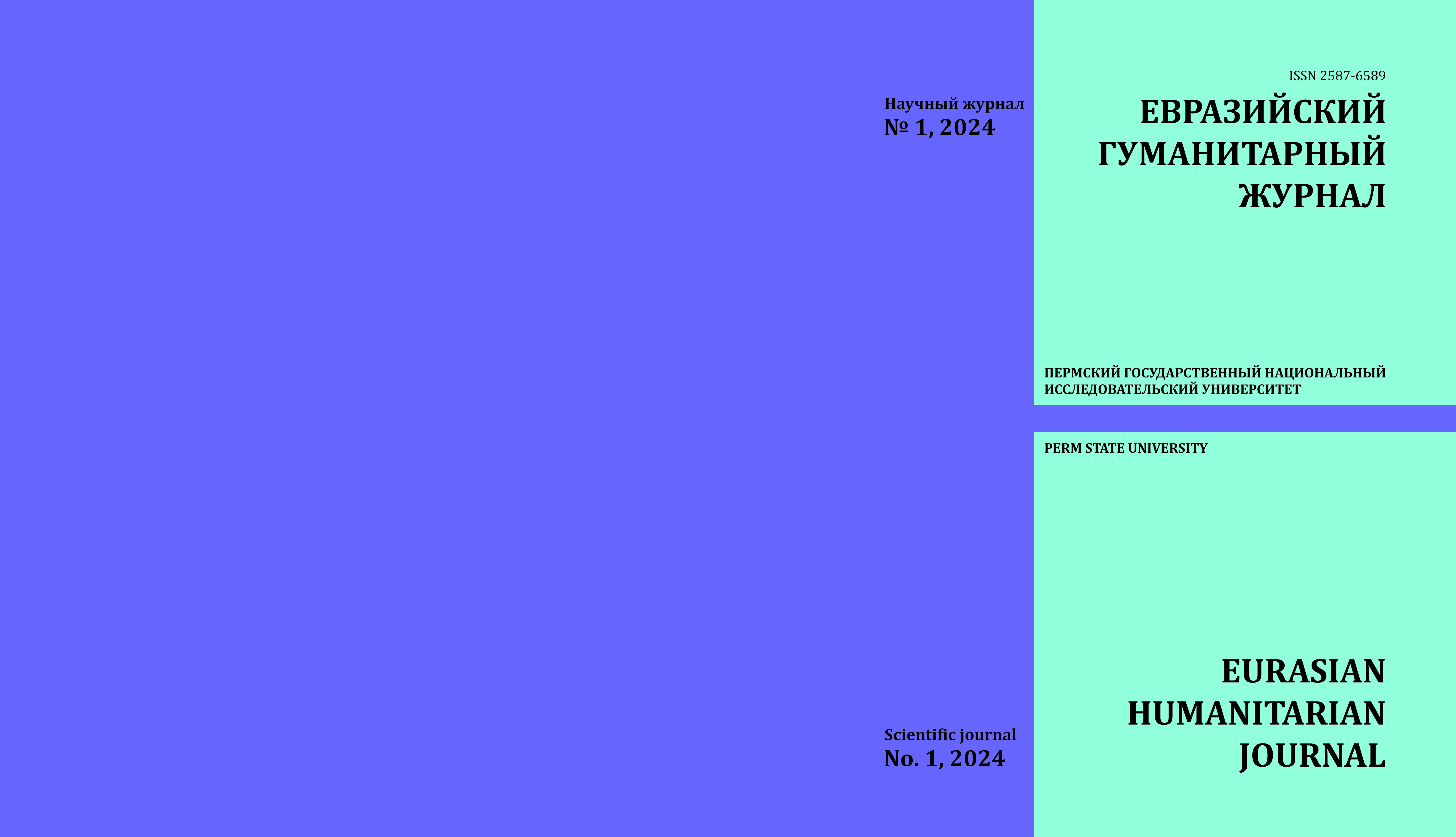FUNCTIONAL LITERACY AS A BASIS FOR DIGITALIZATION OF EARLY FOREIGN LANGUAGE LEARNING
Keywords:
early learning of foreign languages, digitalization of education, functional literacy, digital literacy, gamification, psychological characteristics of older preschoolersAbstract
The article deals with the problem of digitalization of early learning of foreign languages. The modern younger generation lives in completely different conditions, relative to the previous ones: the unthinkable density and speed of the digital environment; fluidity, transparency, instability, unpredictability, uncertainty, hostility of an ultrafast, hybrid world. Digitalization and digital transformation of learning are in full swing. It is necessary to form the ability of the younger generation to live in the digital world and not lose their humanity. To do this, you need to teach how to verify information, resist stress, foster a willingness to change, and teach you to constantly learn. These processes are closely related to the issues of teaching foreign languages to preschoolers, schoolchildren and adults in the context of additional education. The strategic goal of early foreign language learning in the context of additional education is the personality of the child and the development of his ability to communicate in a foreign language. The article shows the ways to achieve this goal through the formation of functional literacy in the context of gamification.Downloads
Published
2024-04-13
Issue
Section
ПЕДАГОГИКА

